

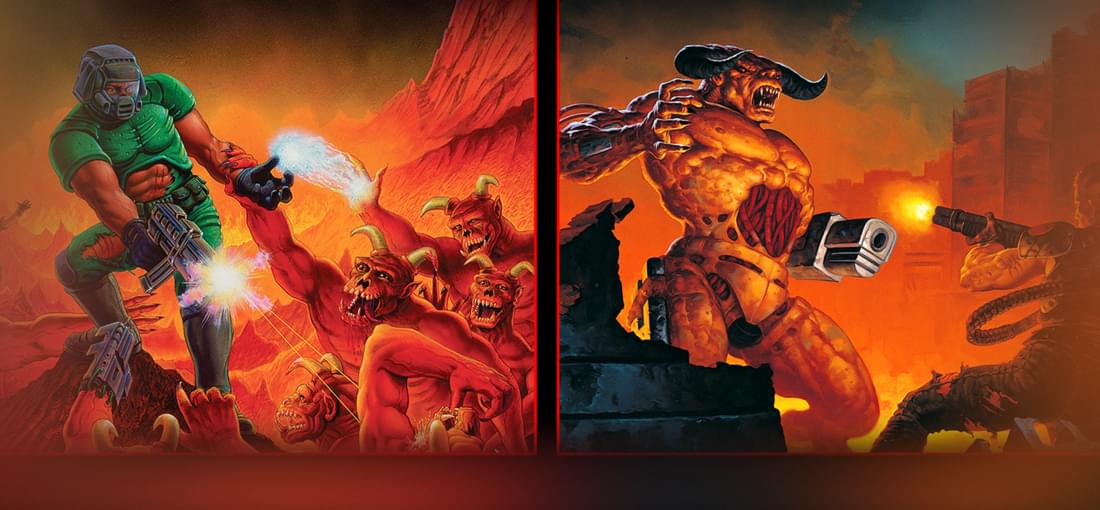
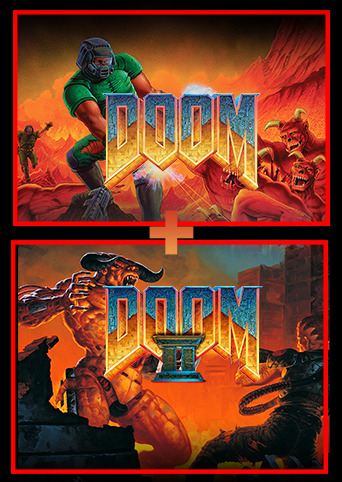
Another fantastic Kex-engine remaster from Nightdive. There was nothing wrong with the previous Unity port, but this package is pretty incredible. The new official expansion uses assets that were cut from the original game, lending the visuals some genuine Doom authenticity.
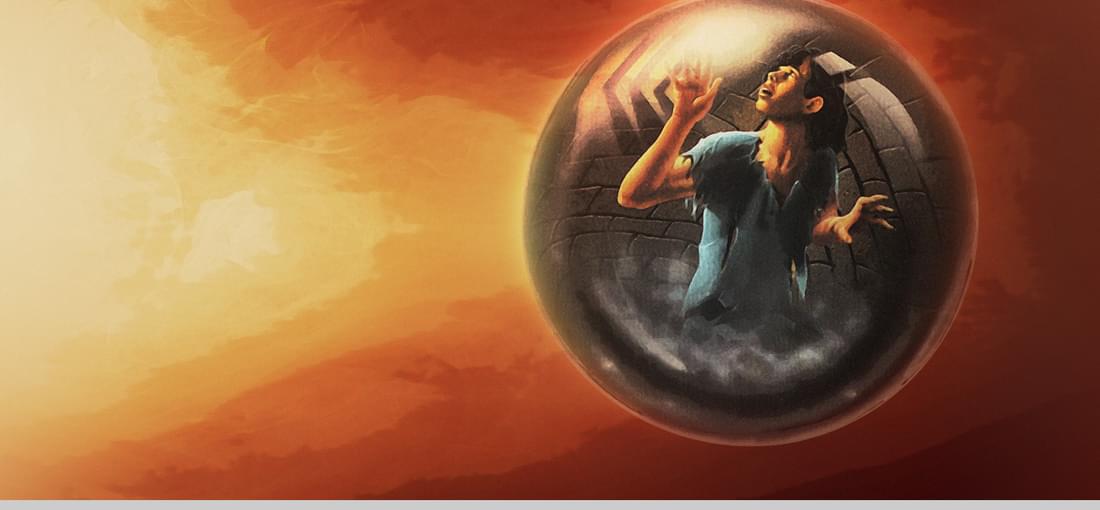
It's hard to justify lining Activision's pockets at full price for this package of abandonware, each entry of which has been beautifully remade and available for free. If you're new to the series and under the age of 30 I'd recommend you start with AGD Interactive's remakes of KQ1 and 2, then your choice of KQ3 remake from AGD or Infamous Adventures. They each feature an orchestrated score, gorgeous hand painted-style backgrounds, full voice acting and added content that breathe new life into the venerable games while bringing them more in line stylistically with the later entries in the series. If you just want to see where it all began from an anthropological standpoint and experience a piece of gaming history, then by all means! If you didn't grow up playing text parser adventures, however, you will likely find yourself up against an insurmountably steep learning curve. If you're a latter-entry fan who wants to see the roots of the series or the genre, you may find these relatively unsophisticated. Elements associated with the genre like rich narratives, dialog and character development were still in their infancy, so adjust your expectations accordingly. Still, King's Quest is a classic and a foundational title in gaming history. The ability to walk around as a character within a scene and interact with its objects and characters in third person while effecting the world around you, now just a given in any game, was virtually unheard of at the time. For its contribution alone it deserves its reverence, if not a playthrough for curiosity's sake. And if you can get past its venerability, you'll actually find three very charming tales and worlds to explore, with fun challenges, fairytale cameos, multiple paths and just plain old fashioned adventure.
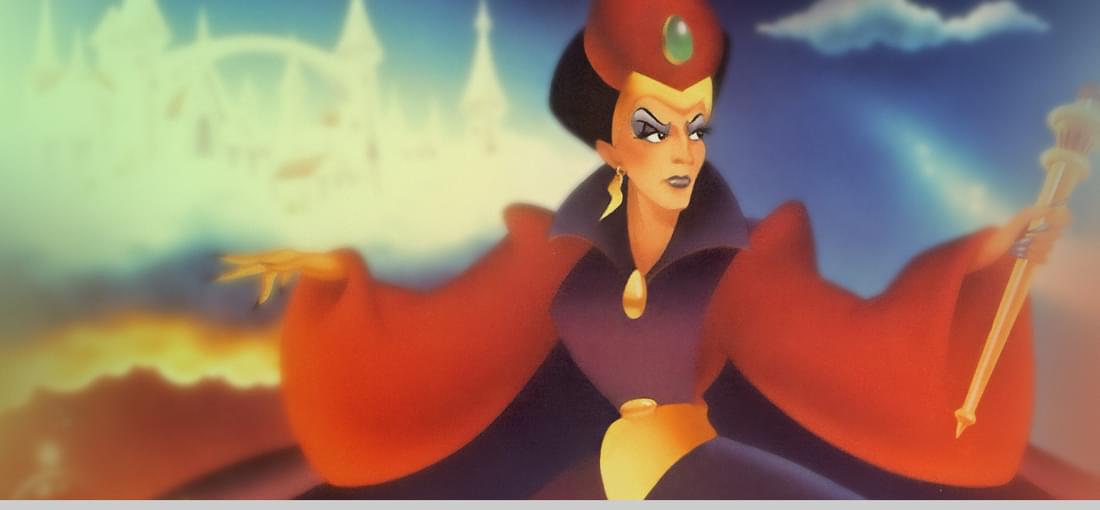
The final two installments in the beloved King's Quest series have in common the dubious honor of most poorly-received entry in the series, but very little else. KQ7 is a charming Disney-inspired cartoon adventure, the last of the traditional 2D point and clicks in the series and the most kid-friendly. Mask of Eternity is a gritty, dark fantasy 3D RPG action-adventure that channels Diablo and Tomb Raider more than it does its own predecessors. The controversy of these games really hijack the discourse on them. Neither are as bad as the rhetoric would have you believe. KQ7 is a delightful fairytale adventure whose biggest crime is not being as good as KQ6. I'm not sure how any longtime fan of the series could be surprised or disappointed that the series eventually landed on a Disney aesthetic -- it'd been invoking those elements since the first game. That's not to say it's flawless. It's cheesy at times. The puzzle design is simplistic, designed to engage a younger audience. The supporting characters are incredibly silly and occasionally grating -- but apart from KQ6 this isn't off the mark for the series as a whole. If you can access that part of you that still enjoys kids' movies, you'll find a lot to love. Mask is a little harder of a sell for me, and a jarring departure. The RPG elements on their own work surprisingly well. But the world of Daventry and its surrounding lands, unrecognizable from established lore, is barren and visually drab. The adventure elements of its pedigree are rudimentary and few-and -far-between. All-in-all its not a terrible hack-n-slash, and its puzzle elements do set it apart from its contemporaries. It's really just disappointing as a King's Quest, and even moreso as the series' swan song. Grab this on sale to finish your collection. Any fan of the series owes it to themselves to at least play through 7. But this is certainly the black sheep of GOG's King's Quest packages.
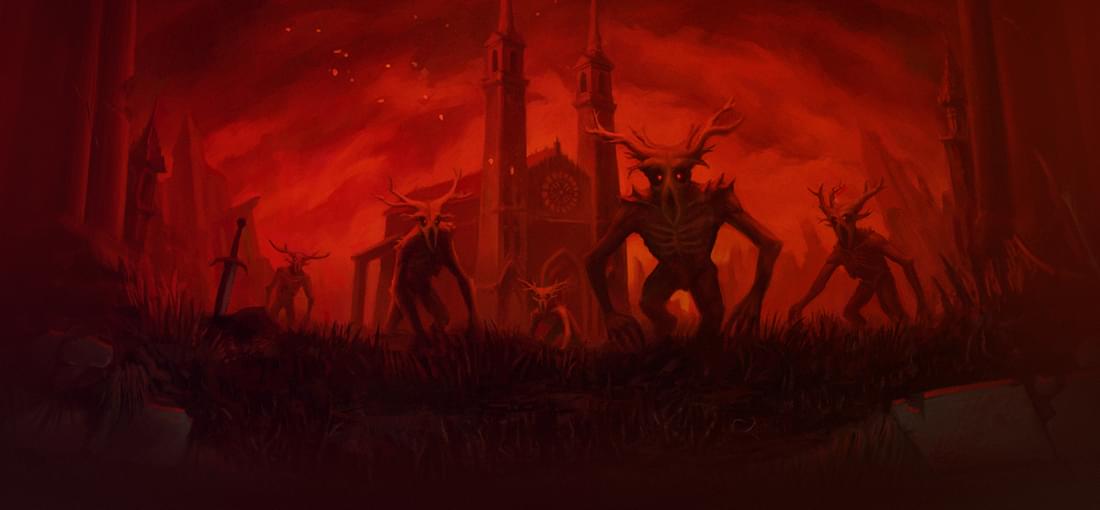
The headline of this game is that it's a throwback shooter that channels mid-90s classics like Quake, Blood and Doom. And while that's an undeniable claim, there's a lot more going on with Dusk than its appearance lets on. Beneath its painstakingly brown and chunky retro exterior is an effortless understanding of compelling game design. One of Dusk's strengths is its atmosphere. Through environmental storytelling and pithy exposition, Dusk manages to be a fully-realized Lovecraftian horror story. Everything -- the enemy design, the environments, the palette, the sound design, the dynamic metal soundtrack -- drips with foreboding and bone-crushing ambiance. It's a little tongue-in-cheek, but it's actually damn scary. The level design is sublime. It's a love letter to classic shooters that combines the glory days of Build Engine real-world setpieces with Unreal Tournament-style combat arenas. The progression through the game's environmental variety is like a greatest hits list -- villages, swamps, farms, labs, military compounds, hellscapes -- it's all there. While it honors the classics, it's innovative in a way that even modern games don't dare to be. Most interestingly Dusk adds in rudimentary elements of immersive sims. The environmental interactivity, physics puzzles and object manipulation play seamlessly into the action, though, and serve to make an intuitively dynamic gameplay experience. The arsenal is a blast, and every weapon has its own tactical use to the end. The powerups add crucial elements to the gameplay and work into the level design. Encounter design is top-notch and requires thought and reflex in equal measure. And I can't praise the enemy design enough -- it's really the heart and soul of the game. Giving a blow-by-blow of Dusk really does it a disservice because it's more than the sum of its parts. Quite simply it's a modern classic, and if you're a fan of the genre, then OR now, you owe it to yourself to play it.
Years ago I enjoyed the original Broken Sword and decided to refresh myself on it with the Director's Cut. The new content met with mixed reception, although I took no issue. I enjoyed Nico's character and appreciated seeing her background fleshed out. Her puzzles were fun and logical. None of the same can be said for the original George segments. George is a rather unpleasant character -- nosy, needy, pushy, and immature. He lacks motivation and character arc, and by the end we know absolutely nothing about him, except for his name, that he's a writer from America, and that he likes Nico. That's really it. Revolution is usually compared more favorably to Sierra in terms of puzzle design, but this game is as baffling as they come. Giving a ball to distract a boy to pet a cat on a table then ringing a bell to open a door to divert the ball to hit a Newton's cradle to startle the cat to jump back onto the table to knock over a statuette that was in reach the whole time is just one example of this game's oxygen-deprived moon logic. It's not the worst the genre gets, but it's well in league. The original animation is stunning and still shines through the questionable graphical updates and clashy added content. Still, the original looks better. My biggest issue with Sword is its tonal inconsistency and character development. Its dark story is undercut by ceaseless slapstick. George channels Guybrush Threepwood, surrounded by caricatures and ethnic stereotypes who insult him nonstop. Supposedly emotional moments earn no pathos, danger is treated with almost no tension or stakes. Musical cues are head-scratching (ex. the same swelling, uplifting intro music is played when George is knocked off a cliff by the antagonist). There IS plenty to love for genre fans. The premise and mystery are intriguing, and the unfolding map of exotic international locations to explore feels like a true adventure. Still it feels like the parts don't quite add up to a bona fide classic.
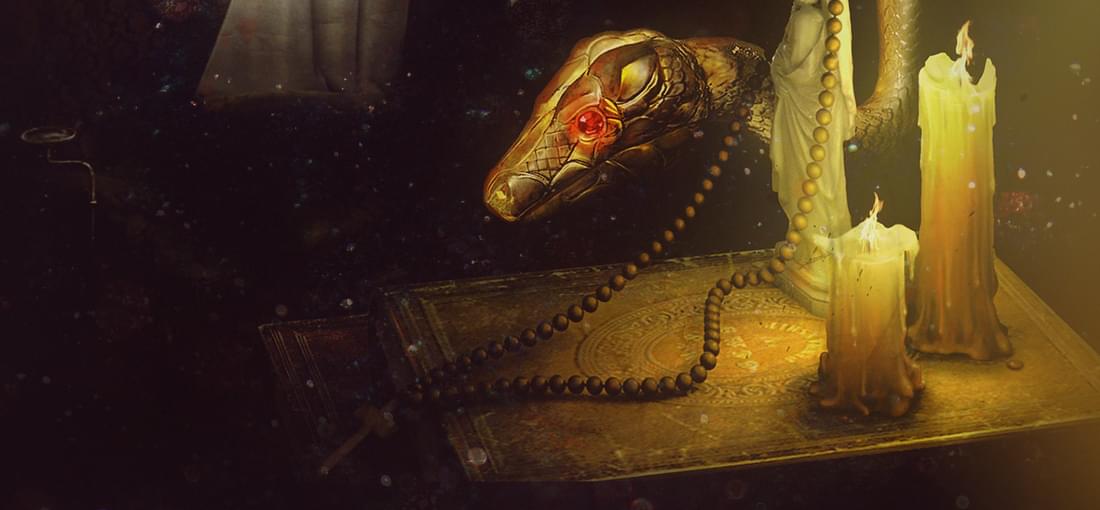
This update of one of adventure gaming's crowning achievements is a stellar effort from a small studio (Phoenix under the direction of creator Jane Jensen), but the franchise deserved so much more than they were capable of giving. GK20 is essentially an attempt to appeal the series to a newer and more casual audience, particularly mobile gamers. As such, many of the most notable mechanical changes are for the sake of streamlining and linearity. These changes I don't mind. What I did find slightly jarring were some of the dialog and puzzle changes, most of which, with a couple exceptions, struck me as completely arbitrary. The graphics are an inevitable improvement considering the 20 year technological gap, but here's one of the biggest criteria this remake falls flat. These graphics were not cutting edge 10 years ago, let alone 5. They don't even hold a candle to, say, Syberia, which had come out 10 years before. The voice acting is another inevitable change here, and for the most part I think it's pretty spot-on. While GK himself sounds a little more lethargic than how Tim Curry voiced him, he's mostly a dead-ringer. Leah Remini's hard-to-fill shoes were recast pretty admirably. My biggest complaint here is the narrator, who is a pale and inconsistent immitation of the original, and sounds like a white lady trying to do a caricature of a black voice. What GK deserves is a reboot in the style of Quantic Dream or Naughty Dog games. I'd contrast GK20 with the recent reboot of King's Quest. KQ lacked the original creative force and feel of the franchise, but had great production values and graphics. GK had all the right creative talent but lacked those production values, and as such, largely failed in its goal to revitalize the series. At the very least, however, it is an amazing revisitation of the classic for fans of the series.